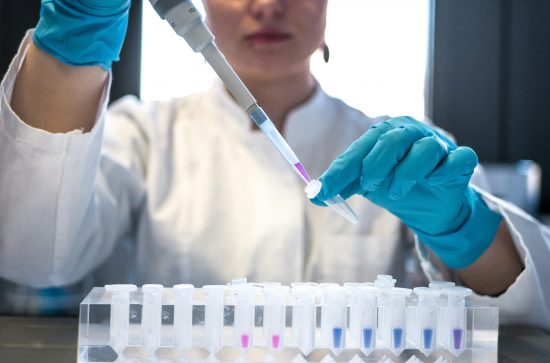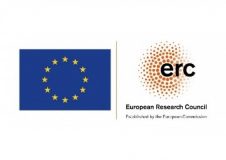
On 20th May 2024, Professor Aisling McMahon delivered a research seminar on “Patents and the Global Governance of Health: An Institutionalised Marginalisation of Health Needs within Patent Decision-Making Systems?” at the Durham CELLS (Centre for Ethics and Law in the Life Sciences) Seminar Series, Durham University. Drawing on institutional theories, Prof McMahon’s seminar argued that there is an institutionalised marginalisation of health needs – and broader bioethical considerations – within the current global patent system, which warrants greater interdisciplinary scrutiny.
Alongside this, on 22nd May 2024, Prof Aisling McMahon gave an invited research seminar entitled: “Patents & Bioethics within the European Biotechnology Directive: The Case of Human Embryo Models – Asking the Wrong Questions amidst Institutional Inertia?” at the ‘Law and Futures’ Seminar Series at Newcastle Law School, Newcastle University. This paper examined the potential bioethical issues posed by patent grant/use over embryo models (and related technologies), focusing particularly on Art 6 of the Biotechnology Directive 98/44EC, and how this might apply to questions around the patentability of emerging ‘embryo model’ technologies.
Professor McMahon was also recently invited to participate in and deliver a paper at an international interdisciplinary symposium on ‘In Vitro Gametogenesis (IVG): Ethics and Policy’ organised as part of the Wellcome Trust funded ‘Future of Human Reproduction’ project. This symposium took place in Leiden on 3rd and 4th June 2024. It brought together leading international experts to discuss legal, ethical, scientific and broader societal issues posed by IVG technologies. Professor McMahon’s paper discussed the potential patentability of IVG related technologies under European patent law and how, if at all, existing exclusions within European patent law could likely apply to patent applications over elements of such technologies. The paper also considered the potential bioethical implications of patent grant and use over such technologies.


The PatentsInHumans project is funded by the European Union (ERC, PatentsInHumans, Project No. 101042147). Views and opinions expressed are however those of the authors only and do not necessarily reflect those of the European Union or the European Research Council Executive Agency. Neither the European Union nor the granting authority can be held responsible for them.
